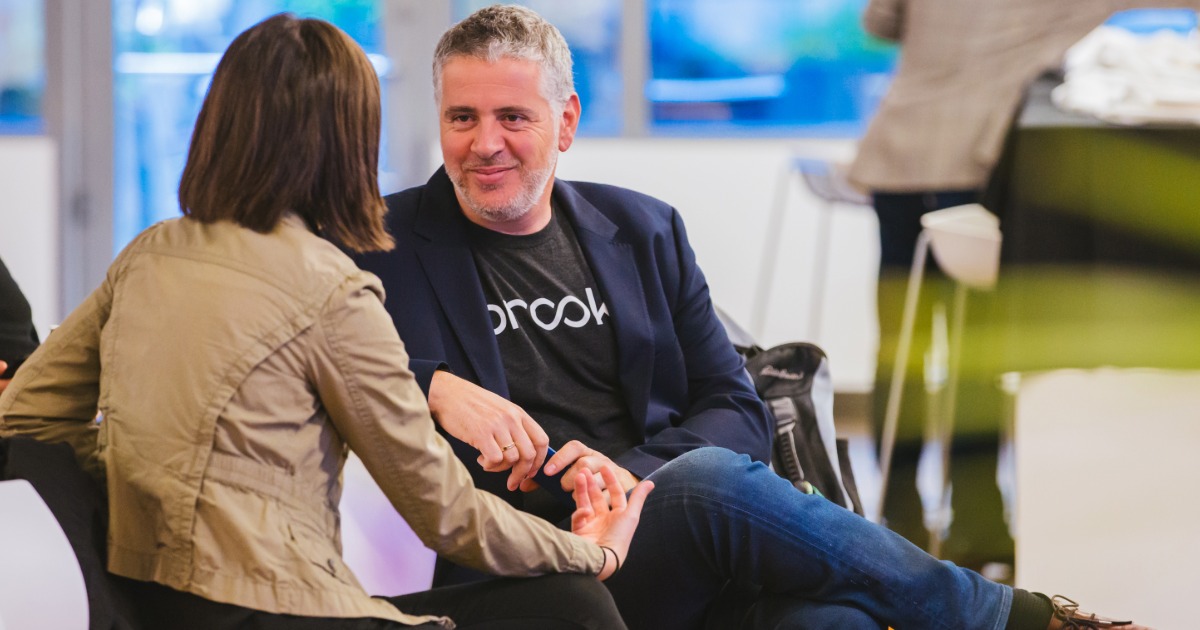C-suite executives say offering a highly individualized experience to customers could ratchet up their revenue by 16 percent, according to new research.
But only 20 percent of those execs polled graded their own organization's ability to offer such services with an "A," according to the study conducted by software giant Oracle and published on Tuesday.
The report said healthcare organizations could seize missed opportunities by implementing tools for self-service from a variety of devices, on-demand order fulfillment and software for a more intuitive experience to better serve the 77 percent of patients, whom they indicated want a more personalized experience.
Participating C-suite leaders also responded that they face a big financial opportunity to individualize services for internal employees by offering appropriate data analytics, collaboration software and remote network access to enable a more flexible work scenario.
Oracle, of course, has an agenda with the study because it sells software and cloud-based services that enable some of those so-called missed opportunities — as does San Francisco-based Sequence, a firm that develops what it calls connected experiences for companies like Apple, Chevron and Medtronic, and has also released a study focused on the patient experience.
For its part, Sequence on Tuesday showed a prototype service, On Call, to bring a more consumer-like experience to doctor’s appointments.
With 88 percent of doctor’s appointments still scheduled by phone, according to Sequence’s report, providers have the opportunity to modernize healthcare consumer experiences particular such that they are more in accordance with what people generally encounter when making reservations at restaurants, hotels or booking flights.
Oracle’s study, broader in nature than the research Sequence performed, found that the top opportunities to individualize services are: giving providers point-of-care data to influence interventions, providing patients feedback to inform chronic condition treatment regimens, and enabling precision medicine tactics by running analytics against genomic data.
The biggest obstacles healthcare executives face are budgets, regulatory frameworks such as HIPAA, information security, an inability to analyze various types of health data and a lack of interoperability.
All that said, of the 300 C-level executives Oracle surveyed — in healthcare, life sciences, hospitality and seven other verticals — a telling 93 percent said they are leaving money on the table by not transforming themselves into more flexible operations to offer personalized services.
What’s holding you back?
Twitter: SullyHIT
Email the writer: tom.sullivan@himssmedia.com


